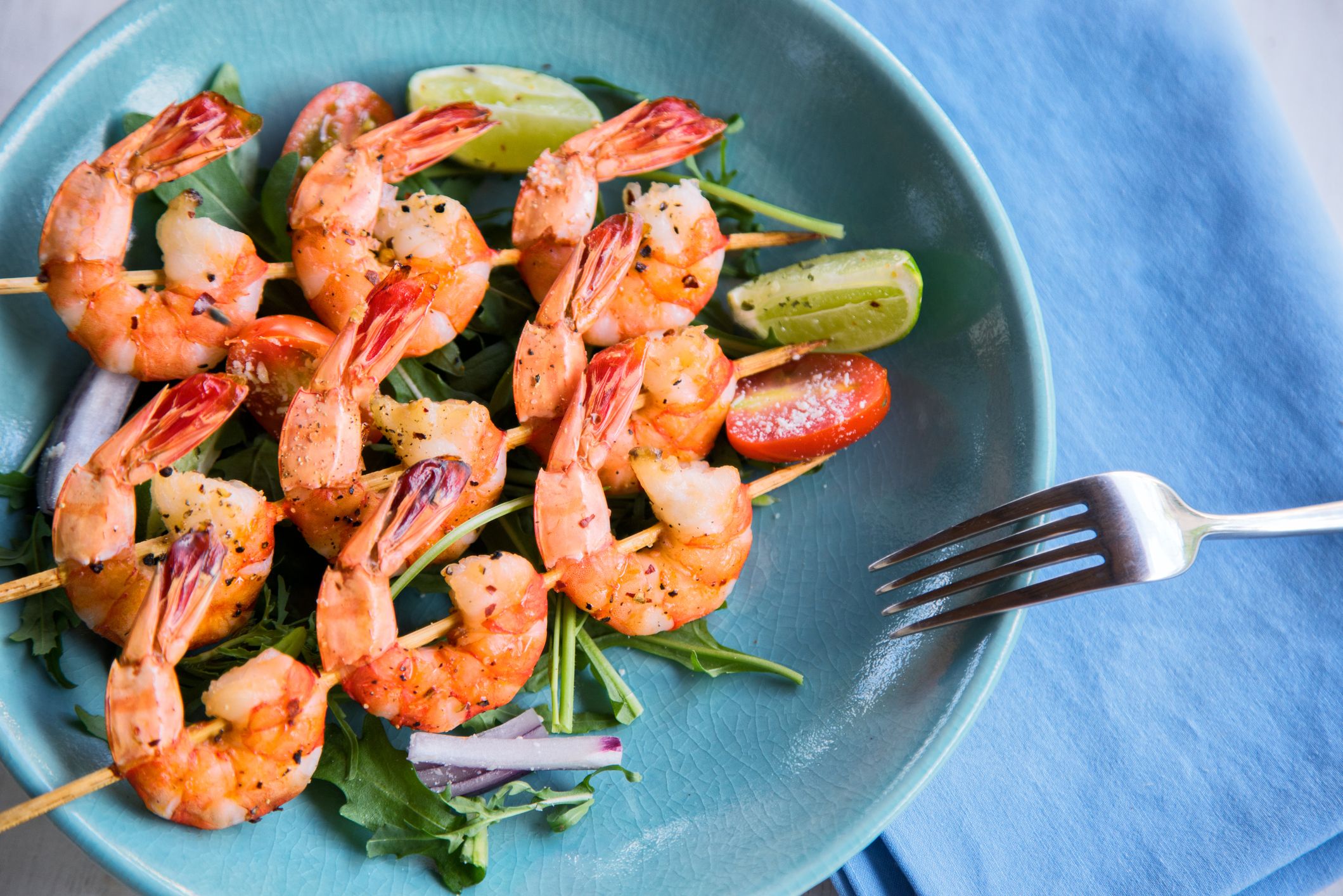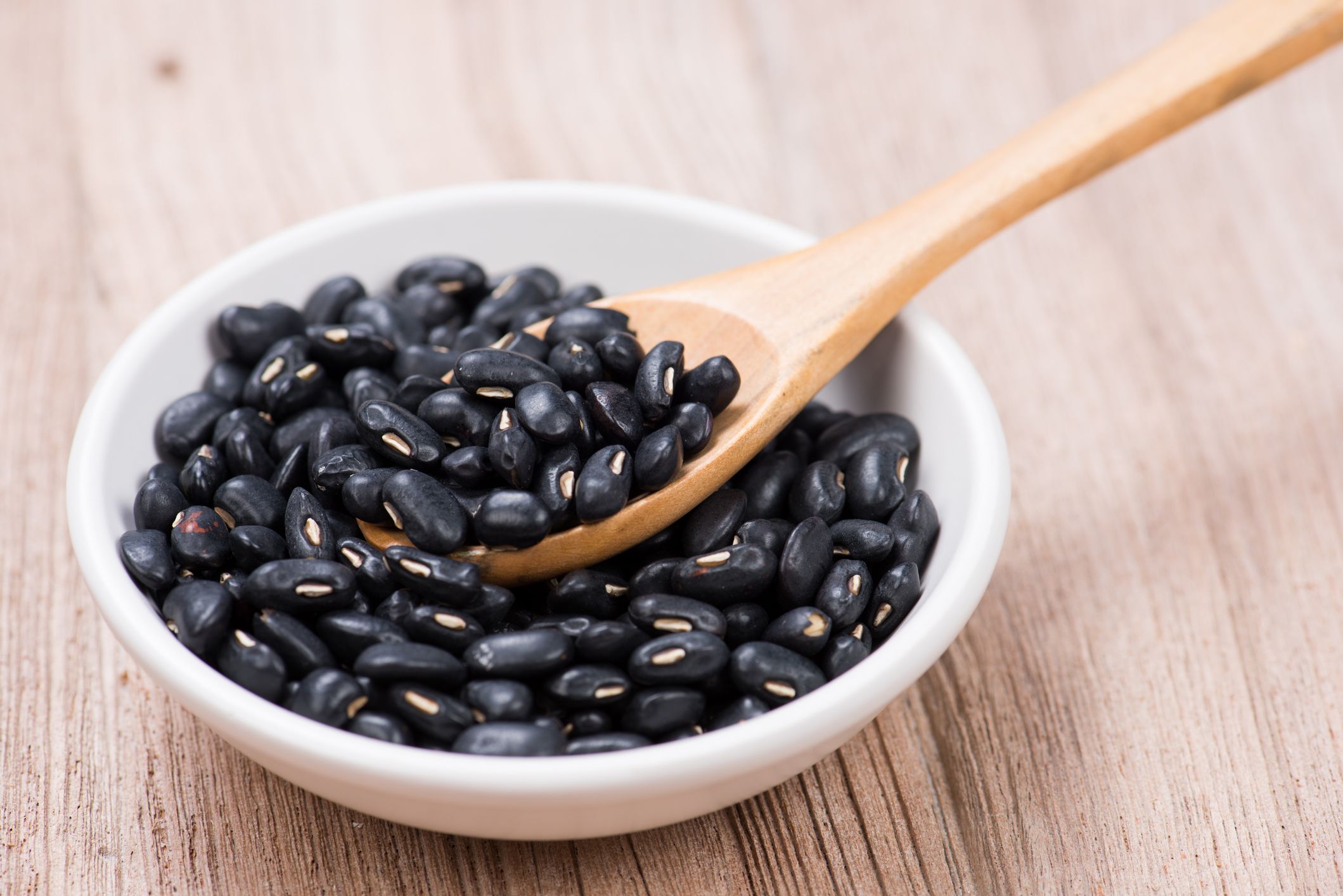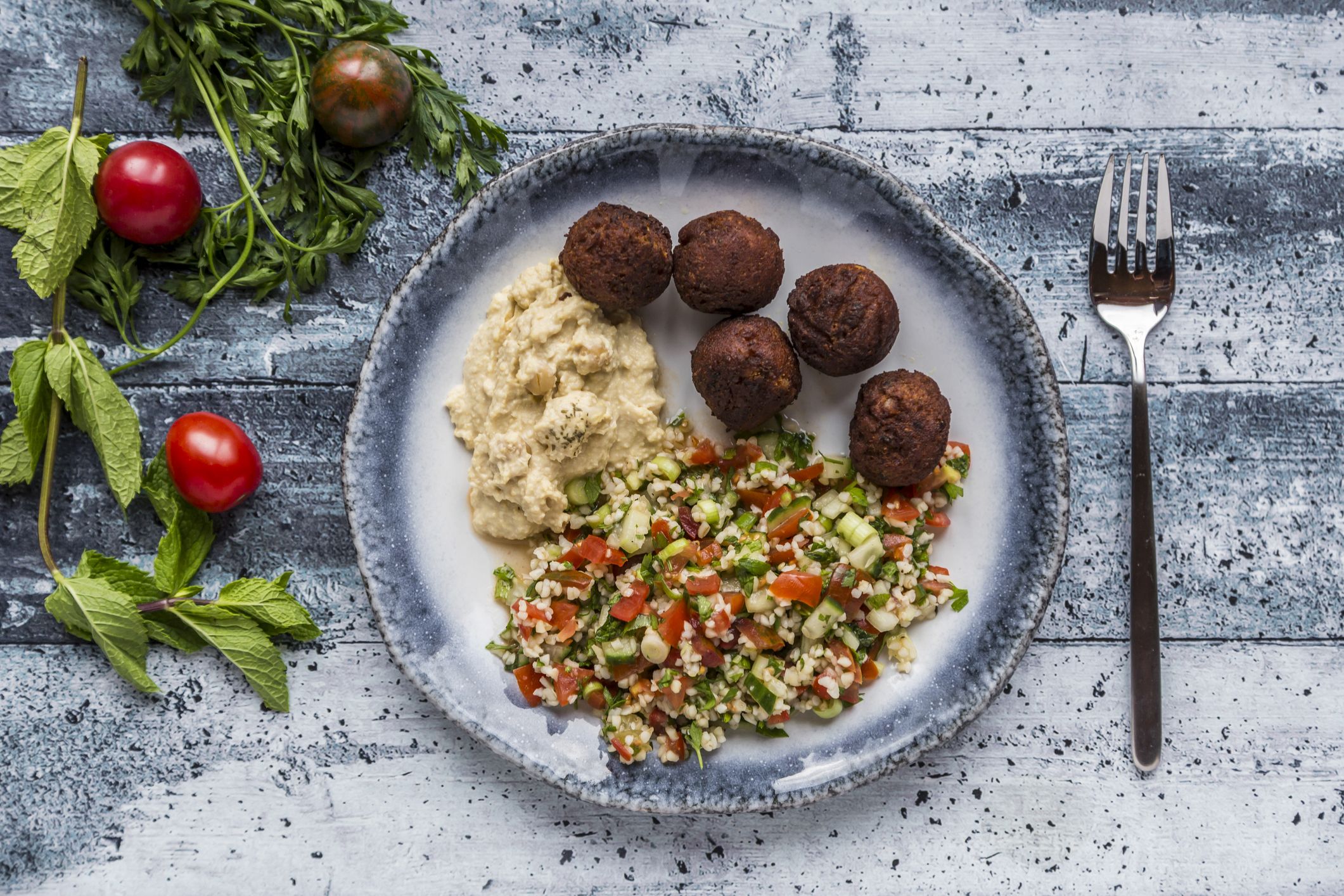
Look, I won’t pretend that you’re not already aware that greens are healthy. What I will point out, however, is if you’re going to dedicate a part of your day to eating the leafy stuff (that’s bound to get stuck between your teeth) you definitely want to make sure you’re choosing the best option, amirite?
Some green contenders that are vying for that top spot in your fridge: kale and spinach—two nutritional powerhouses that promise to keep you healthy.
To determine which actually deserves your time, money, and seasoning efforts, Torey Armul, RD, weighs in on kale vs. spinach and exactly what these two greens bring to the table.
So, what makes kale healthy anyway?
This super-versatile veggie, has been harvested since the 17th century and gained popularity during World War II “to combat malnourishment during food scarcities,” Women’s Health previously reported.
Today, those same nutrients are filling salad bowls, being cooked into chips, and even getting baked into bread. And it’s not that surprising, after all, kale is packing an insane amount of vitamin A and vitamin C, Armul says. In fact, “just one cup of chopped kale contains 133 percent” of the recommended daily intake. And in case that wasn’t enough, kale is also “a good source of calcium, fiber and folate,” AND it’s super low in sugar and calories.
Kale nutrition info, per the USDA:
- Calories: 7
- Protein: 0.61 g
- Fat: 0.31 g
- Carbohydrates: 0.93 g
- Fiber: 0.9 g
- Sugar: 0.21 g
- Calcium: 53 mg
- Vitamin A: 1011 IU
- Vitamin C: 10.2 mg
- Folate: 13 µg
Gotcha, now, what about spinach?
https://www.instagram.com/p/BxfYsM3HNAg/
A post shared by Neal’s Yard Holidays (@nealsyardholidays) on
Like kale, one cup of spinach is only packing seven calories, but Armul is sure to point out that this leafy green uniquely “meets half your daily requirements for vitamin A and nearly twice the daily requirement for vitamin K,” which, she says, does wonders for blood, bone, and tissue health. Plus, besides being a key ingredient in the number-one dip on the planet (don’t @ me), it’s loaded with vitamin C and folate.
Spinach nutrition info, per the USDA:
- Calories: 7
- Protein: 0.86 g
- Fat: 0.12 g
- Carbohydrates: 1.09 g
- Fiber: 0.7 g
- Sugar: 0.13 g
- Calcium: 30 mg
- Vitamin A: 141 IU
- Vitamin C: 28.1 mg
- Vitamin K: 144.9 µg
- Folate: 58 µg
Okay, so kale vs. spinach: Which is healthier?
TBH, kale and spinach are pretty similar. If you want to get down to the nitty gritty, though, kale has more vitamin C and A than spinach, and “spinach edges out kale for folate, vitamin K, and iron,” says Armul. But both are low in calories, versatile, and grow all-year-round.



So, your choice to show love to kale or spinach really depends on which nutrients you’re looking to fill up on, and which of the greens you think tastes better. “As obvious as it sounds, enjoying the taste of something is the [best] indicator of eating more of it in the future,” Armul explains. Regardless of nutritional value, if you’re not vibing with the slightly bitter taste of kale, there’s a slim chance you’ll routinely pick it over a veggie such as spinach that you do like.
Okay, I’ve made my choice. Now, how do I prepare it?
https://www.instagram.com/p/Buu0lOknRCR/
A post shared by Tieghan Gerard (@halfbakedharvest) on
As delicious as kale is, it’s rough, “so you’ll want to message it with olive oil if you’re eating it raw,” Armul recommends. “This will soften the leaves nicely and increase palatability,” making it salad-ready.
Still, kale’s toughness makes it great for cooking (think chopped up for soup or baked into a frittata), unlike spinach which gets quite slimy when face-to-face with heat. But hey, if that’s the way you like your spinach, go for it.
Curious what healthy foods celebs deem worthy of their diets? Take a peek inside Alicia Silverstone’s fridge:
Armul even suggests sautéing spinach with olive oil, lemon juice, and any spice you like if cooked spinach is your jam. Otherwise, eating it raw as part of a sandwich or salad is a good move, too. If you’re just after a nutritional boost, Armul recommends throwing some spinach into pasta sauce, pizza, omelets, or lasagna since it won’t drastically alter the taste.
And hey, if you’re really adventurous, add some of the leafy veggies into your morning smoothie—just make sure you add enough nut butter and fruit to kill the, eh, green taste.
Source: Read Full Article